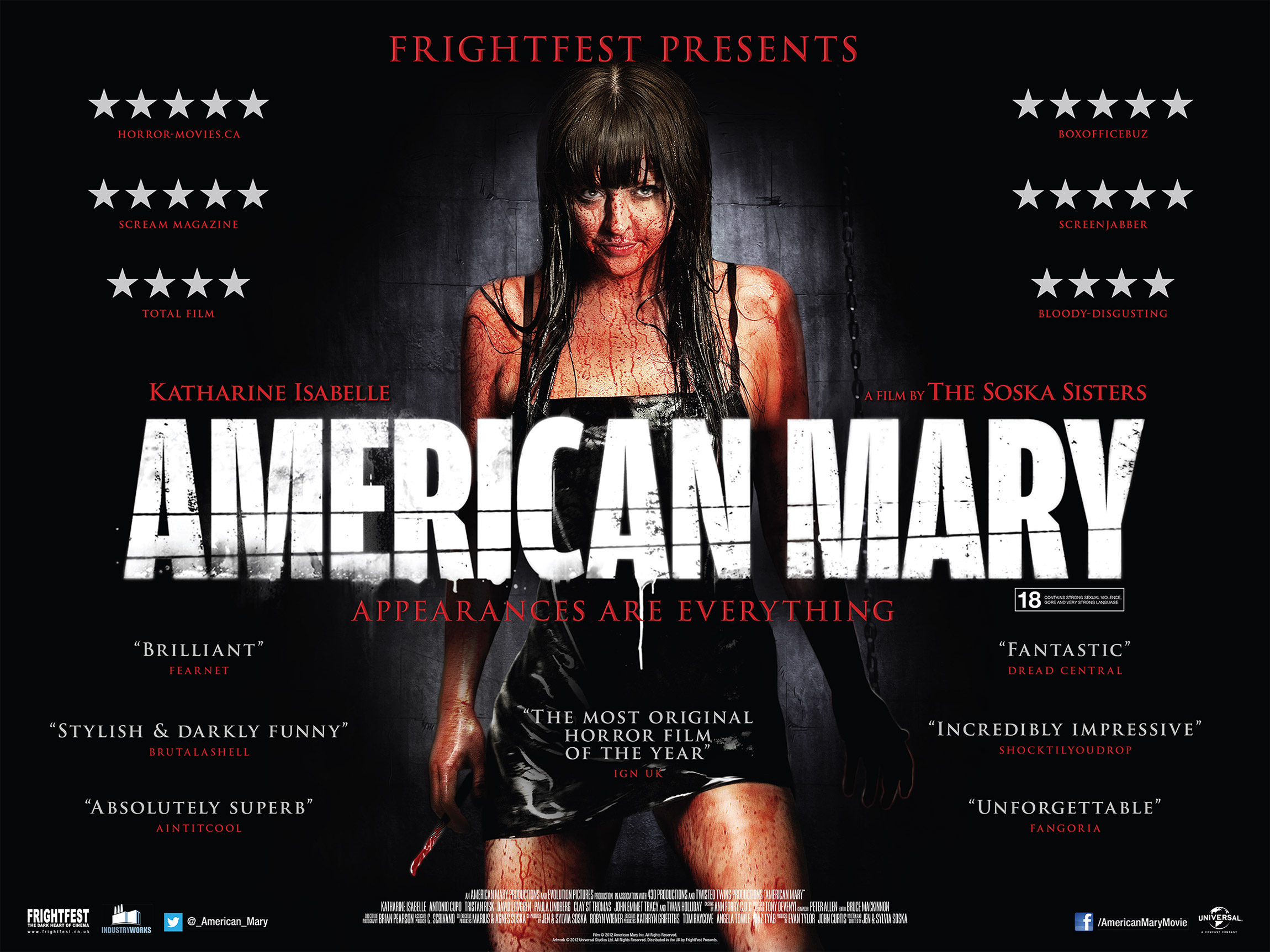309) Investigation of a Citizen Above Suspicion (1970) Dir: Elio Petri Date Released: December 20, 1970 Date Seen: October 4, 2012 Rating: 4.5/5
324) The Human Tornado (1976) Dir: Cliff Roquemore Date Released: October 2, 1976 Date Seen: October 21, 2012 Rating: 3.75/5*
RV!: Wolfen (1981) Dir: Michael Wadleigh Date Released: July 24, 1981 Date Seen: October 26, 2012 Rating: 4.25/5
330) Horrors of Malformed Men (1969) Dir: Teruo Ishii Date Released: October 31, 1969 Date Seen: October 27, 2012 Rating: 3.5/5
341) Cannibal! The Musical (1993) Dir: Trey Parker Date Released: August 30, 1996 Date Seen: October 31, 2012 Rating: 4/5
344) Pootie Tang (2001) Dir: Louis C.K. Date Released: June 29, 2011 Date Seen: November 2, 2012 Rating: 3.75/5
375) Katie Tippel (1975) Dir: Paul Verhoeven Date Released: September 26, 1976 Date Seen: November 21, 2012 Rating: 4.25/5
385) Penn & Teller Get Killed (1989) Dir: Arthur Penn Date Released: September 22, 1989 Date Seen:
November 27, 2012 Rating: 4/5
390) Nausicaa of the Valley of the Wind (1984) Dir: Hayao Miyazaki Date Released: June XX, 1985 Date Seen: December 1, 2012 Rating: 4.25/5
398) Sharky's Machine (1981) Dir: Burt Reynolds Date Released: December 18, 1981 Date Seen: December 8, 2012 Rating: 3.5/5
406) First Name: Carmen (1983) Dir: Jean-Luc Godard Date Released: August 3, 1984 Date Seen: December 11, 2012 Rating: 4.25/5
I made a list for Bob Freelander and these films are on it. You can see that list with better poster art and some brief writing on each film at Rupert Pupkin Speaks.
*Trying something new on for size: I feel Steve Carlson is right in saying that the whole, "So bad it's good" mentality is BS. If I were to objectively rate this movie, my rating would be really low. But I had a great time with it, and think that matters more at this point. So yeah, B+.


